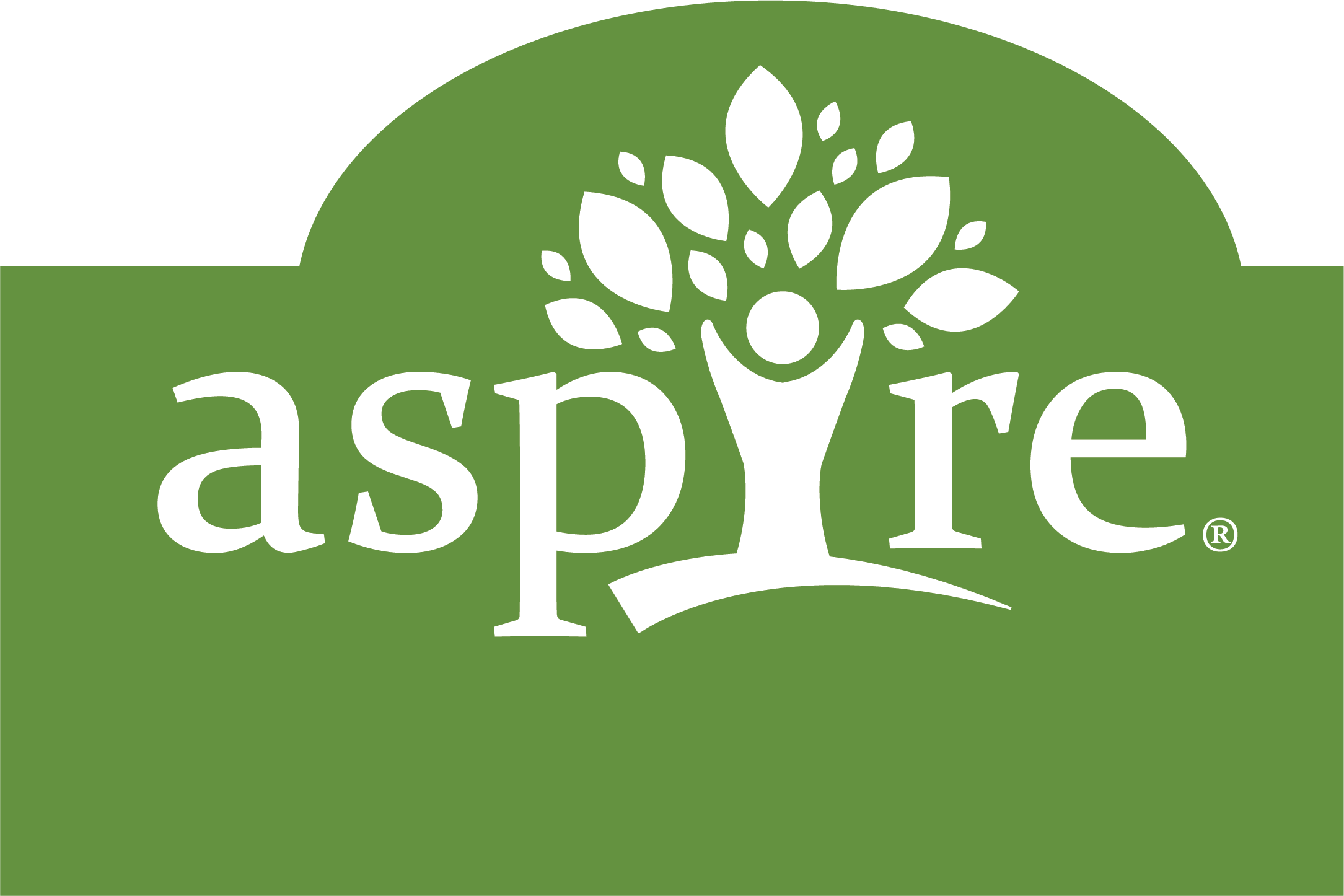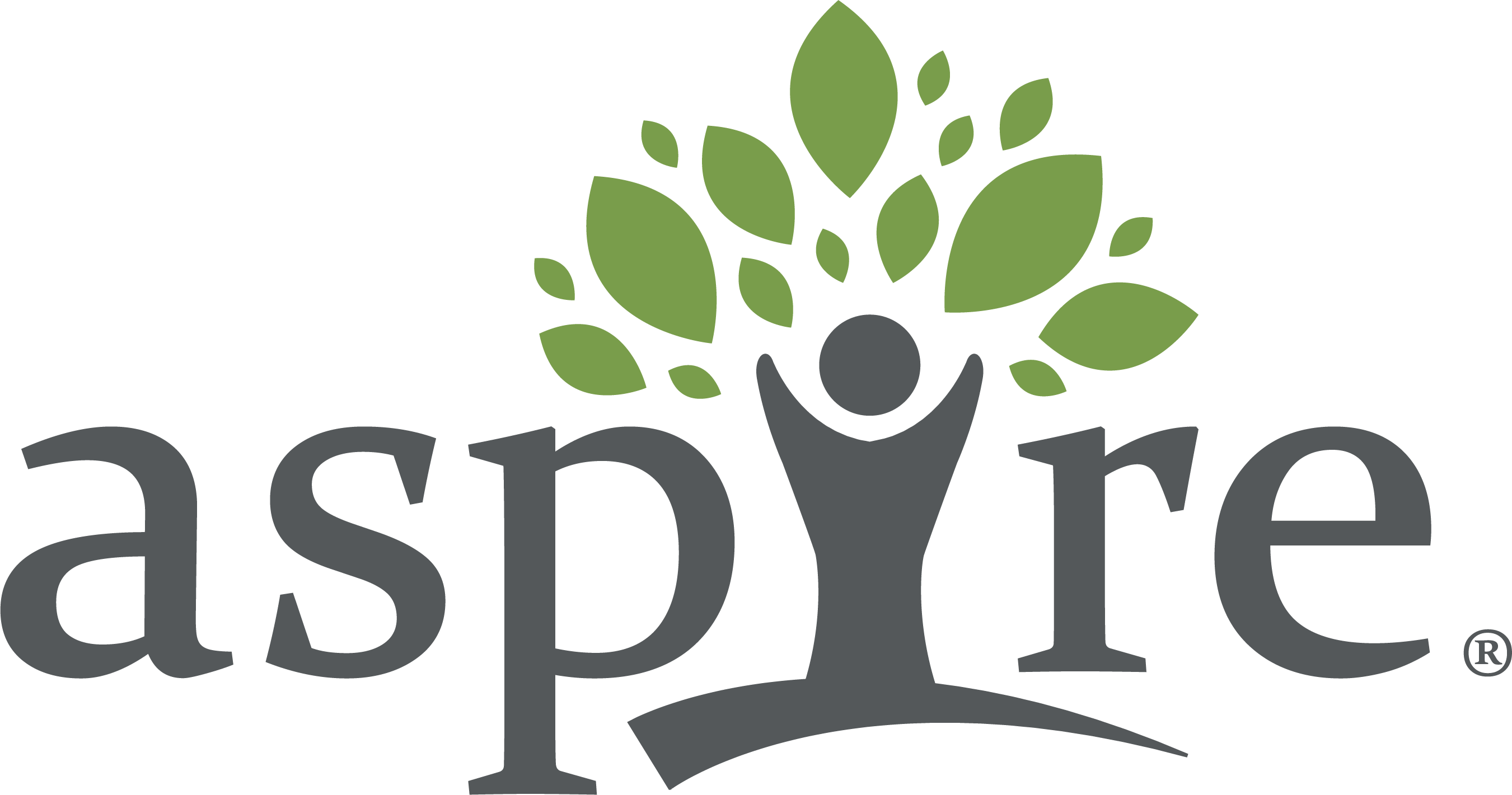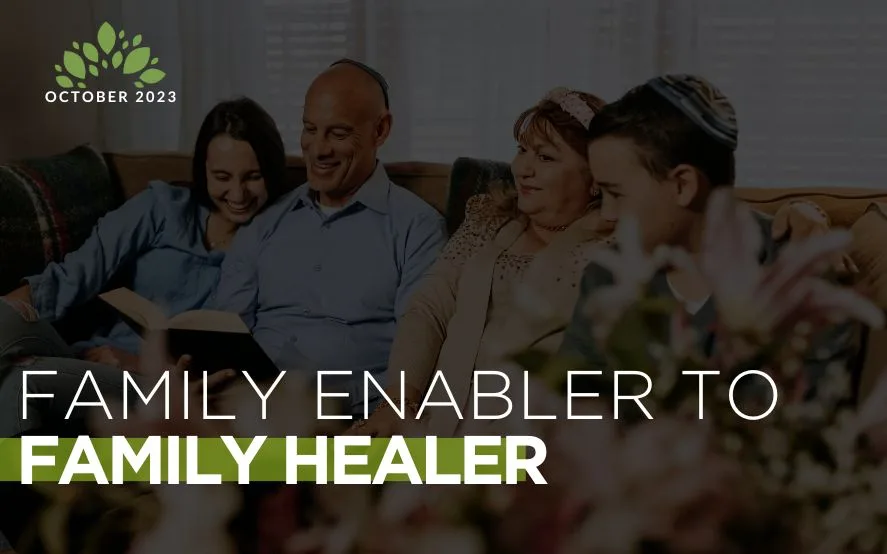Families are the bedrock of our lives, the ones we turn to for love, support, and belonging. But what if you find yourself caught in the web of enabling behaviors, unintentionally fostering destructive habits in a loved one? It’s a tough situation that many families face, but there’s hope. Let’s talk about the remarkable journey from being an enabler to becoming a family healer.
Have you ever felt like you’re trying to protect a loved one with a substance use disorder, but your actions inadvertently support their self-destructive behavior? It’s called enabling, and it’s more common than you might think. As enablers, we often believe we’re helping, but in reality, we’re shielding our loved ones from facing the consequences of their actions and avoiding the necessary steps towards recovery. Recognizing enabling behaviors is the crucial first step in this transformation. It means identifying actions like covering up for your loved one, giving them money without accountability, or making excuses for their behavior. These actions might seem like a lifeline, but they can ultimately hinder the path to recovery.
To shift from enabler to healer, explore the reasons behind your actions and gain a deeper understanding of yourself. Enabling behaviors often stem from fear, guilt, or a desire to maintain the status quo. Perhaps you fear confrontation, worry constantly about your loved one’s well-being, or carry a heavy burden of guilt for your role in the situation. Breaking free from the enabling trap begins with self-reflection and acknowledging these emotions. It’s a challenging step, but it’s also the foundation upon which you can build a more supportive role. Becoming a family healer is about striking the right balance between empathy and setting boundaries. Empathy enables you to connect with your loved one on a profound level and truly understand their struggles and pain. However, it’s equally crucial to establish clear boundaries that protect your own well-being and prevent further enabling. These boundaries might include refusing to cover up for your loved one, saying no to financially supporting their destructive habits, and insisting on accountability for their choices. It won’t be easy, but these boundaries are essential to creating an environment where recovery can take root.
Remember that healing isn’t a one-way street. As your loved one embarks on a recovery journey, your entire family can experience healing as well. By offering genuine support, understanding, and a commitment to change, you become a source of strength for your loved one. The transformation from enabler to healer can be complex and challenging, and it often requires professional guidance. Counselors, support groups, and group counseling are valuable resources for families navigating this journey. Professionals can equip your loved one with effective communication techniques, help them cope with their own emotions, and provide strategies to support your loved one’s recovery.
The path from being a family enabler to a family healer is a profound and challenging one, but you’re not alone. It starts with self-awareness, empathy, and the courage to set boundaries. While it may be tough at times, the rewards are immeasurable. By breaking free from the enabling trap and offering genuine support, you can become the catalyst for your loved one’s recovery and embark on a path of healing together. Remember, it’s never too late to rewrite your family’s story and create an environment where recovery can flourish. Reach out to Aspire Counseling Services at (888) 585-7373. Our team of experienced professionals is dedicated to providing guidance, support, and strategies to help you navigate the path toward greater well-being and closer family ties.

Planting Seeds, Saving Lives
Copyright © 2026 Aspire Counseling Services® | Privacy Practices | Terms and Conditions | Powered & Designed by Citryn, LLC

MENU
LOCATIONS

